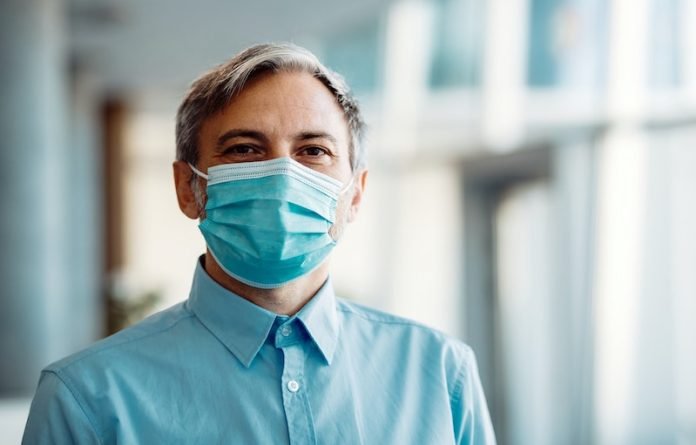
Metabolic dysfunction associated with fatty liver disease (NAFLD) affects one-in-four adults and nearly one-in-10 children worldwide. Globally, NAFLD is the most frequent kind of chronic liver disease.
In a study from the University of Sydney, scientists found how COVID-19 increases the risk of fatty liver disease and how the latter is increasing the severity of COVID-19, aiding the development of potential treatments for these patients.
In response to COVID-19, the host (humans) mounts an immune response whose delicate balance determines the course of illness.
Severe COVID-19 is associated with exacerbated immune and hyperinflammatory responses and inflammatory macrophages can induce a cytokine storm leading to tissue damage.
In the study, the team discovered how COVID-19 increases the risk of fatty liver disease and how is the latter increasing the severity of COVID-19, aiding the development of potential treatments for these patients.
They say the relationship between fatty liver disease and COVID-19 is considered a bit of a mystery, as they do not know how and why both diseases increase the risk of each other.
The current research team conducted a large and detailed genetic and molecular study and identified that a gene called MBOAT7 is associated with the severity of both NAFLD and COVID-19.
This gene plays an important role in the regulation of immune and inflammatory responses to COVID-19.
A disruption in the activity of the MBOAT7 gene could increase the chances of increased cytokines production and tissue damage and liver disease.
The epigenome is a set of markers that determines not just gene expression, but genes themselves and are influenced by the environment, diet, and hormones.
The researchers also identified that disruption of MBOAT7 may ‘preprogram’ the cell epigenome and prime it to respond severely to even a weak stimulation upon COVID-19 that ultimately increases tissue damage.
If you care about COVID, please read studies that past COVID-19 infection could boost antibodies, and this plant extract may help treat COVID-19.
For more information about COVID, please see recent studies about drug duo that may cure COVID-19, and results showing this existing drug can save damaged lungs in COVID-19.
The study was conducted by Dr. Jawaher Alharthi et al and published in the journal Nature Communications.
Copyright © 2022 Knowridge Science Report. All rights reserved.



